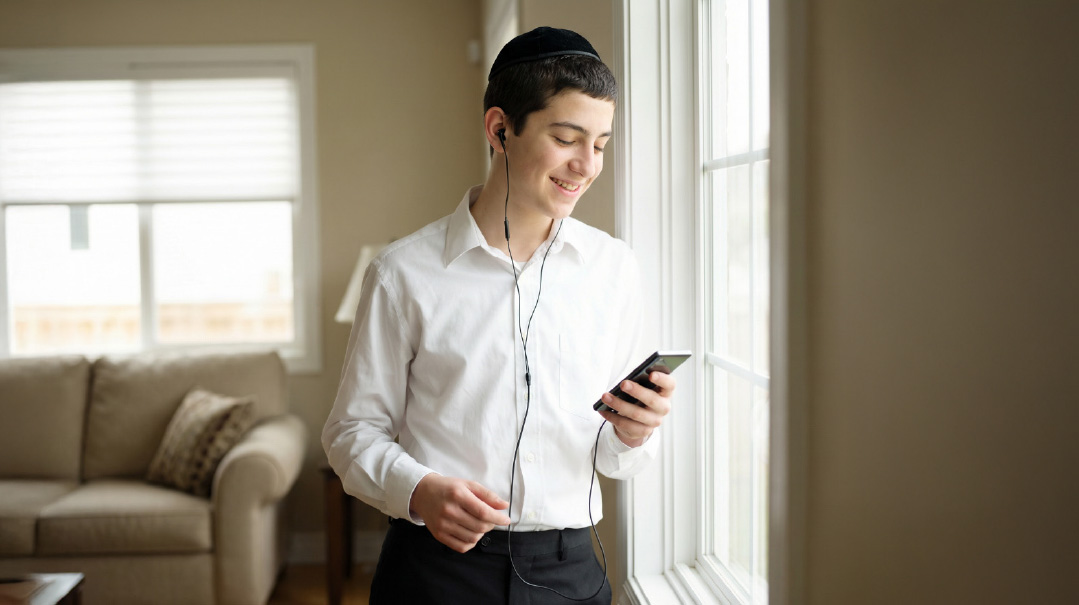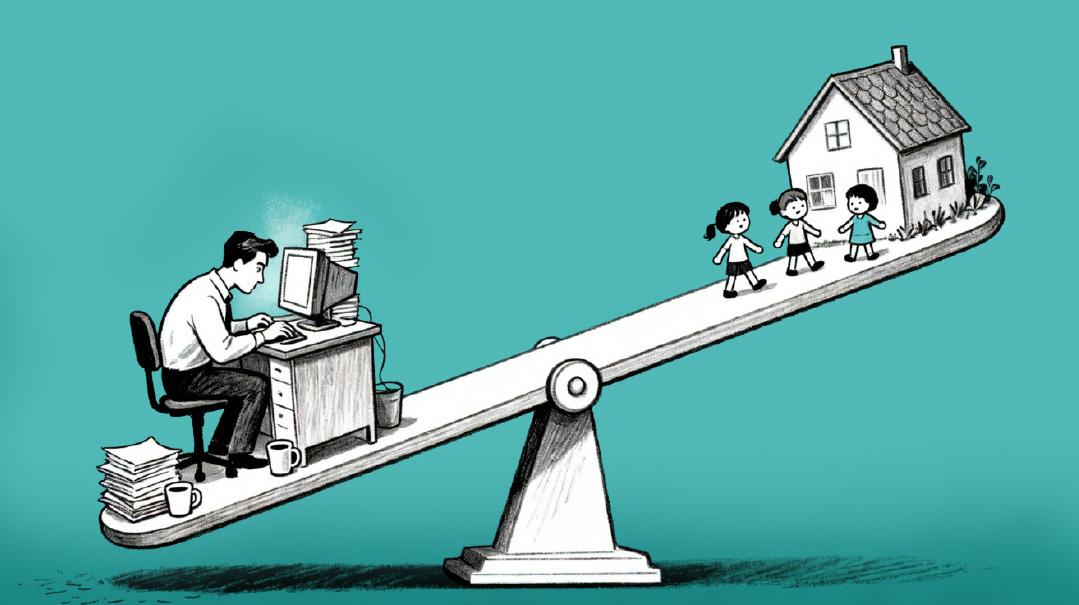Whatever Happened to Aveilus?
| August 1, 2023Why, I’d wonder, do I keep feeling like I must apologize for not being able to attend simchahs and social gatherings?
Since when has it become so acceptable to try to find “loopholes” for someone else observing aveilus?
Unfortunately, I find I’m asking myself that question a lot lately. It’s been a challenging couple of years for me and my family; I’m in aveilus for my father this year after having lost my mother two years ago.
The week after I got up from shivah for my mother, my good friend asked me if I could attend her daughter’s bridal shower on Zoom. I regretfully and politely declined.
“Oh,” she replied, “but it’s not in person, and there won’t be any music.”
“Yes,” I told her, “but it is a simchahdig event, and during the 11 months, I’m supposed to be avoiding these types of occasions. I’ll be celebrating with you in spirit.”
As I put down the phone, I thought to myself: Besides, I’m really not in that frame of mind. I just finished sitting shivah for my mother, a pretty major life-changing event. I guess I felt surprised that she even asked me.
Following that, another good friend was marrying off her daughter and really wanted me to attend the wedding. I get it — we’re super close, and believe me, any other year, I would have wanted to be there. But not that year.
I was not prepared for just how many times I would encounter such similar scenarios.
“Come to the wedding, it’s not assur — we’ll give you a job, like having you help serve food.”
I was told this multiple times. Um, I’m really not in the mood to go to weddings now.
I was asked: “Is it really that big a deal that you can’t come to the kiddush this Shabbos?” And also this: “How about Shabbos sheva brachos — you can come to that, can’t you? No music, no issue.”
I’m sorry, I’m just not holding there right now.
Then there was: “Oh, come on. Just come to the vort, all you have to do is pop in and out.”
Why, I’d wonder, do I keep feeling like I must apologize for not being able to attend simchahs and social gatherings? In the frum world, shouldn’t it be a given, once I tell people I’m in aveilus, that I can’t come? Why do I have to explain or apologize? Shouldn’t an avel be made to feel validated and supported?
Something else that has left me scratching my head: When I explain to people that I’m in aveilus, I rarely hear back, “I’m sorry to hear that,” or, “Forgive me, I didn’t know,” or “I’m so sorry, for whom?” or, “Oy, that must be difficult” — or really anything sympathetic. Believe it or not, most of the time people just don’t say anything, or they simply change the subject.
Really? Aren’t we a nation of baalei rachamim?
I try to be dan l’kaf zechus. People are uncomfortable talking about death. But what happened to common courtesy or social graces? It feels a little strange, especially compared to people in the secular world, who immediately respond, “Oh, I’m so sorry for your loss.”
Little-known fact: One can be menachem an avel the entire year with HaMakom yenacheim. One of the few people I’ve encountered who knew this was my Israeli electrician, who recited the tefillah to me several weeks after I’d gotten up from shivah. It touched me deeply.
There were also some exceptional phone calls, some from people I don’t even know that well, who called to be menachem avel weeks after the shivah ended, sharing special memories of my mother. Those calls were very uplifting.
I know my experiences in this area are anecdotal. Certainly, many of us are respectful of the customs associated with mourning. But unfortunately, having joined “the mourner’s club,” I’ve had some encounters that have given me pause. I think perhaps some thought should be given to taking the customs of aveilus a bit more seriously, so aveilim don’t have to ask themselves, “Whatever happened to the spirit of aveilus?”
(Originally featured in Mishpacha, Issue 972)
Oops! We could not locate your form.







